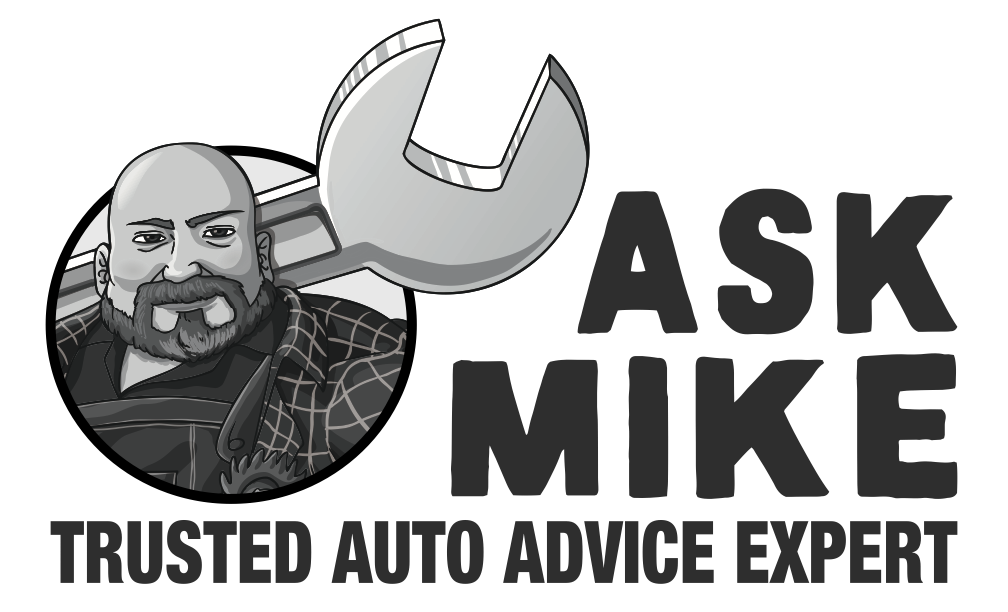Dear Mike,
I’m currently in the market for a used car and I’ve been hearing conflicting opinions on whether or not to get a pre-purchase inspection before buying a vehicle. Some people say it’s a waste of money while others swear by it. Can you shed some light on the importance of having a pre-purchase inspection completed on a vehicle that I’m looking to buy?
Sincerely,
Chandler
Dear Chandler,
Thank you for reaching out. Deciding to purchase a used car can be an exciting experience but also a stressful one. When it comes to making a big investment like buying a car, it’s essential to have all the information you can get before making a final decision. That’s where a pre-purchase inspection comes in, and it should not be skipped over no matter what anyone may say.
To begin with, obtaining a pre-purchase inspection is the best way to ensure that you are not inheriting someone else’s lemon. The service provider, whether it’s a licensed dealership or a trusted repair shop, will perform a thorough check on the vehicle to detect any problems that could cost you money down the road. They will check everything from the brakes to the alignment, oil, and fluid leaks, the battery and charging system and so on. The inspection report will include digital pictures and printouts for you to provide to the seller, should there be any issues with the vehicle.
Keep in mind that there is a big difference between a vehicle being sold to you “as is” versus one that is being sold to you “certified”. When purchasing a vehicle “as is,” you are responsible for all repairs needed to make it safe to drive. More often, vehicles that are sold below market value and “as is” have issues that need to be fixed, and the seller does not want to invest money in resolving those issues.
When it comes to “certified” vehicles, you are much better off. However, even certified cars can end up costing you endless amounts of money in repairs and maintenance down the line. For instance, most vehicle manufacturers do not require spark plug replacement until about 100,000 km mark, but depending on the driving style, you may be looking at a repair costing over $1000 in labor costs plus parts. Additionally, if the vehicle has an undisclosed accident history, it may have undergone substandard repairs that could compromise your car’s structural integrity.
A licensed technician and third-party service provider can help with determining the immediate costs and repairs required on the vehicle. They can also advise you on common problems that come with that particular make and model and assess whether or not the vehicle was maintained at a dealership level. They can also perform a background check on the vehicle’s history, including recalls.
Trust me, Chandler. Pre-purchase inspections are worth every dime. The cost varies from one service provider to another but is usually under 100 bucks. The critical thing is that it saves you from making a considerable investment mistake. If there are issues with the vehicle, the seller should be willing to address them and have them resolved before you purchase the car. Alternatively, you could negotiate a better price if the repairs catch you off guard after acquiring the vehicle.
Always remember that if the dealership or a private seller refuses to let you take the vehicle for a third-party inspection, that should be a red flag, and you should walk away from the deal. You don’t want to buy a car that has some hidden problems that the seller wants to keep under wraps.
There you have it, Chandler. I hope this advice helps you make a sound purchase. If you have any further questions or concerns, do not hesitate to get in touch.
Yours truly,
Mike Urban.
